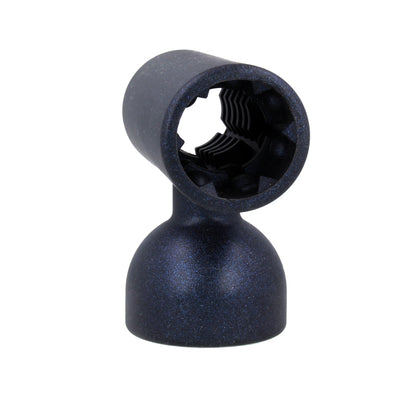Nice Nuts?
Throughout November we will be highlighting some of the biggest health issues faced by men. This week, we will be looking at testicular cancer and how you can check that your testicles are healthy.
What are testicles?
Testicles are the oval-shaped organs that sit inside the scrotum, the pouch of skin that hangs behind the penis. Their main job is to produce sperm and testosterone and they can come in many shapes and sizes.
What is testicular cancer?
Testicular cancer is one of the most common cancers among young men. It starts as an abnormal growth or tumour that develops in one or both of the testicles. There are multiple types of testicular cancer with the most common one being germ cell tumours. Germ cells are the cells that make sperm.
Testicular cancer can be treated very effectively when diagnosed and treated early with over 95% of men recovering fully. This is why identifying early is crucial.
Know your nuts
To know what’s going on with your testicles, it is important to check them regularly. If you know what your testicles feel like normally, it will be easier to spot irregularities. If something feels off, contact your doctor.
How to check your testicles
The best time to check is after a warm bath or shower because the scrotal skin will be relaxed. Now gently roll one testicle between finger and thumb. Repeat this step with the other one. It’s that simple!
If you notice something strange, like a lump that wasn’t there before, a change in size or shape, or if they hurt to touch, contact your GP right away. Although 9 out of 10 ball problems are not testicular cancer, it doesn’t hurt to get them checked out. In the rare case that it is testicular cancer, an early diagnosis can give you a better chance of successful and quicker treatment.
Who’s at risk?
Anyone with testicles can get testicular cancer, but there may be some possible risk factors:
- Undescended testicles at birth.
- Abnormal development of the testicles.
- Being related to someone who’s had testicular cancer.
- Having had testicular cancer before.
Please note that we are not medical professionals. If you suspect something is wrong or if you want more general information about your testicles or testicular cancer, please contact your doctor.






